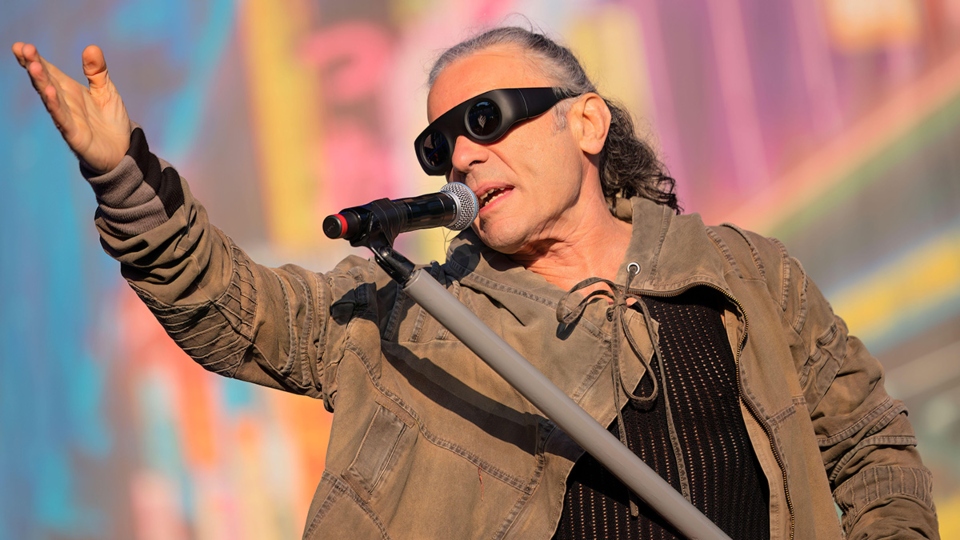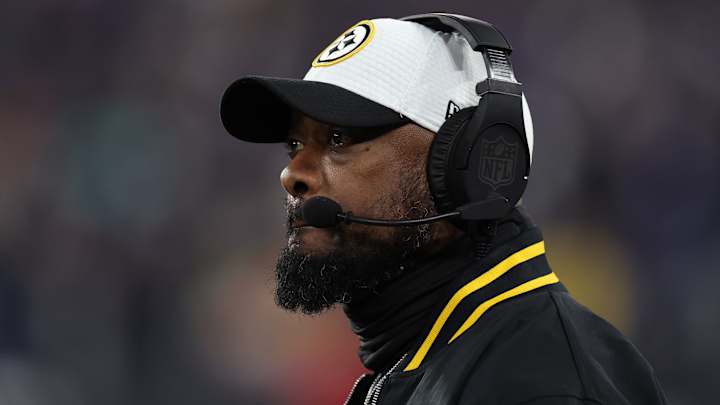There were plenty caviare in these bathtubs. The vodka that made everything pink. Unannounced wedding gigs, covert swastikas, and Maiden-mania everywhere they went. Iron Maiden entered a world of hysteria, celebration, and “eye-opening” poverty and tyranny as they embarked on the 1984 World Slavery tour, becoming the first Western rock band to perform a full production show behind the Iron Curtain. Their objective? To rock the suffering away.
Singer Bruce Dickinson reflects on this historic tour, which began 40 years ago this week, with The Independent. “At the time, the Iron Curtain was down and the opportunity to go there, we might make a significant number of people really happy by doing this,” Dickinson says. The tour expanded the scope of a prop-heavy show that included a 30-foot mummified Eddie mascot to six

Iron Maiden’s incursion into Eastern Europe, though, symbolised a hopeful spark of unity and understanding between the divided cultures of East and West. Despite being categorised as having “anti-Soviet lyrics” by Russian authorities thanks to anti-nuclear songs such as “2 Minutes to Midnight”, these long-haired, head-banging English friends of Baphomet weren’t there to spread a plague of Western wickedness, it quickly transpired, and the kids – and police officers – wholeheartedly wanted to rock. Such was (and remains) Eastern Europe’s love of hard rock and metal that many of the key protest songs, and a youth counterculture rejecting Soviet ideology and the Cold War nuclear threat, emerged from the genre. When the Berlin Wall finally fell in 1989, many metalheads argued that The Scorpions’ “Wind of Change” helped blow it down, with Maiden having hammered in the first few cracks.


